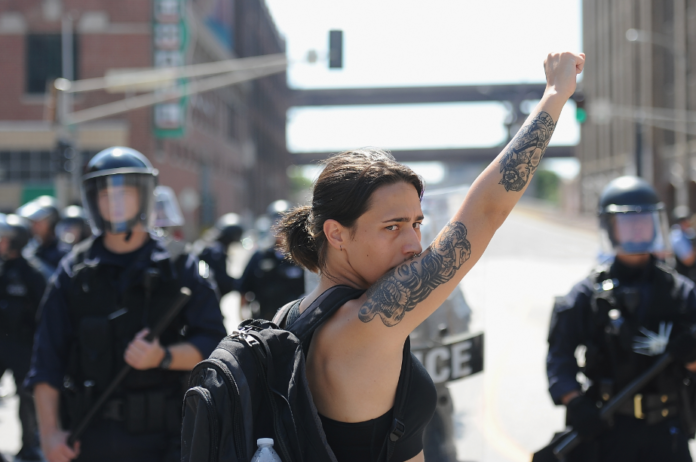In recent years, the term “woke” has gained significant attention and become a part of popular culture. Originally rooted in African American Vernacular English, “woke” refers to being aware of and actively addressing social injustice and systemic oppression. However, the phrase “woke police” has emerged as a term used to criticize or mock those who are seen as overly vigilant or extreme in their pursuit of social justice. In this article, we will delve into the meaning of “woke police” and its implications in contemporary discourse.
What does woke police mean: The term “woke police” is often used to describe individuals who are perceived to be excessively enforcing woke ideology or relentlessly policing others’ language, actions, or beliefs. It refers to those who vehemently criticize any deviation from what they deem as politically correct or socially just, sometimes leading to a chilling effect on free speech and open dialogue.
Critiques and Concerns:
- Suppression of Diverse Perspectives: Critics of the “woke police” argue that their uncompromising stance can lead to the suppression of diverse perspectives and the stifling of healthy debate. When individuals fear being chastised or canceled for expressing different viewpoints, it can create an atmosphere of self-censorship, hindering intellectual growth and a robust exchange of ideas.
- Intolerance and Division: Another concern raised is that the “woke police” approach can foster an environment of intolerance, where individuals are judged solely on their adherence to certain ideologies or beliefs. This can lead to a polarizing atmosphere, with “us versus them” mentalities, rather than fostering understanding, empathy, and dialogue between different groups.
- Labeling and Oversimplification: Critics argue that the term “woke police” is often used to dismiss or discredit valid concerns about social justice and equality. It can oversimplify complex issues and discredit the work of those genuinely advocating for positive change. By framing these advocates as overly zealous or extreme, the important conversations around systemic oppression may be undermined.
Promoting Constructive Engagement: While there are valid concerns about the potential pitfalls of extreme vigilance, it is important to differentiate between genuine activism and a tendency to excessively police others. Engaging in constructive dialogue, listening to diverse perspectives, and being open to respectful exchanges of ideas can help bridge divides and promote understanding.
Encouraging Nuance and Critical Thinking: To address the concerns surrounding the “woke police” phenomenon, it is crucial to foster critical thinking and nuanced discussions. Recognizing the complexities of social issues, acknowledging multiple perspectives, and promoting empathy can help create a space where meaningful conversations can take place without resorting to excessive policing or silencing.
Conclusion:
The term “woke police” has entered the lexicon to describe individuals who are perceived as overzealous in enforcing woke ideologies. While concerns have been raised about the potential drawbacks of extreme vigilance, it is important to avoid broad generalizations and oversimplifications. Promoting open dialogue, empathy, and critical thinking can help bridge the divide and ensure that conversations around social justice and equality remain inclusive, respectful, and conducive to positive change.





